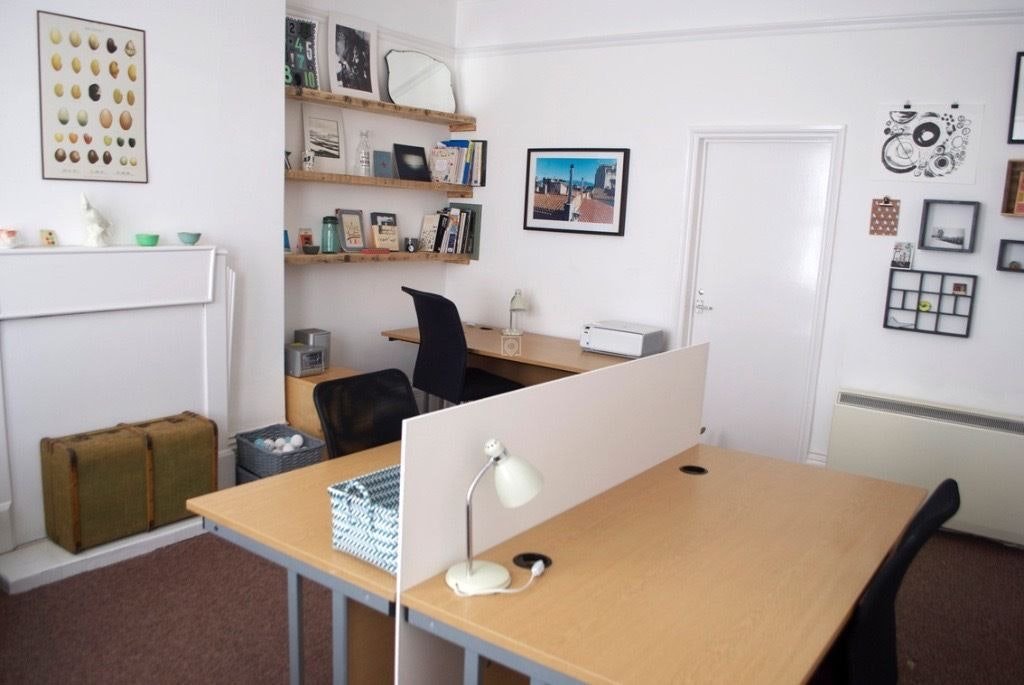With the number of work spaces for freelancers and other office-less workers growing globally, increasing by 36% in 2017, many organisations have started to get involved in this growing trend. Interestingly enough, this has come to include religious organisations, with many different faiths offering up spare and free rooms in their places of worship.
The areas offered up by these institutions of faith provide a more relaxed and homely environment to the typical rented co-working space, and are also typically given at a much lower cost. This relaxed and low-cost alternative is proving quite attractive with many co-workers from many different areas, however, as with any space, particularly in older buildings, downfalls have been recognised
Some of the major downfalls to these new types of co-working spaces include no private areas for business calls, and restricted access to such often essential office features as printers. However, in an age where everything is becoming increasingly online, there is gradually becoming less of a need for such services, meaning workers can now have all their essential office tools within their laptop.
These types of institutions have been experiencing a decline in attendees in recent years, with only 36% of American adults going to their weekly religious service. By converting their free spaces to co-working areas, these organisations of faith are helping to enhance their surrounding community’s relationship with their local houses of worship. Not only this, by offering up a local working space, churches are increasing the ways in which they can both help and connect with their local community.
One particular space of worship that developed a co-working space program was St Lydia’s in Brooklyn, New York. Emily Scott, St Lydia’s pastor, thought of implementing a co-working space within the church was just another way that the religious organisation was pushing to “dispel isolation and reconnect neighbours.”
Whilst this is currently a growing initiative in the US, it is something that could become regular for offices in London.
Whether these co-working spaces are effective in stopping this isolation or not, what can be said about these areas is that they are a great way for churches to help financially support their space’s upkeep, whilst helping to strengthen the connection these historic places of worship have with their local community, both with believers and non-believers alike.
